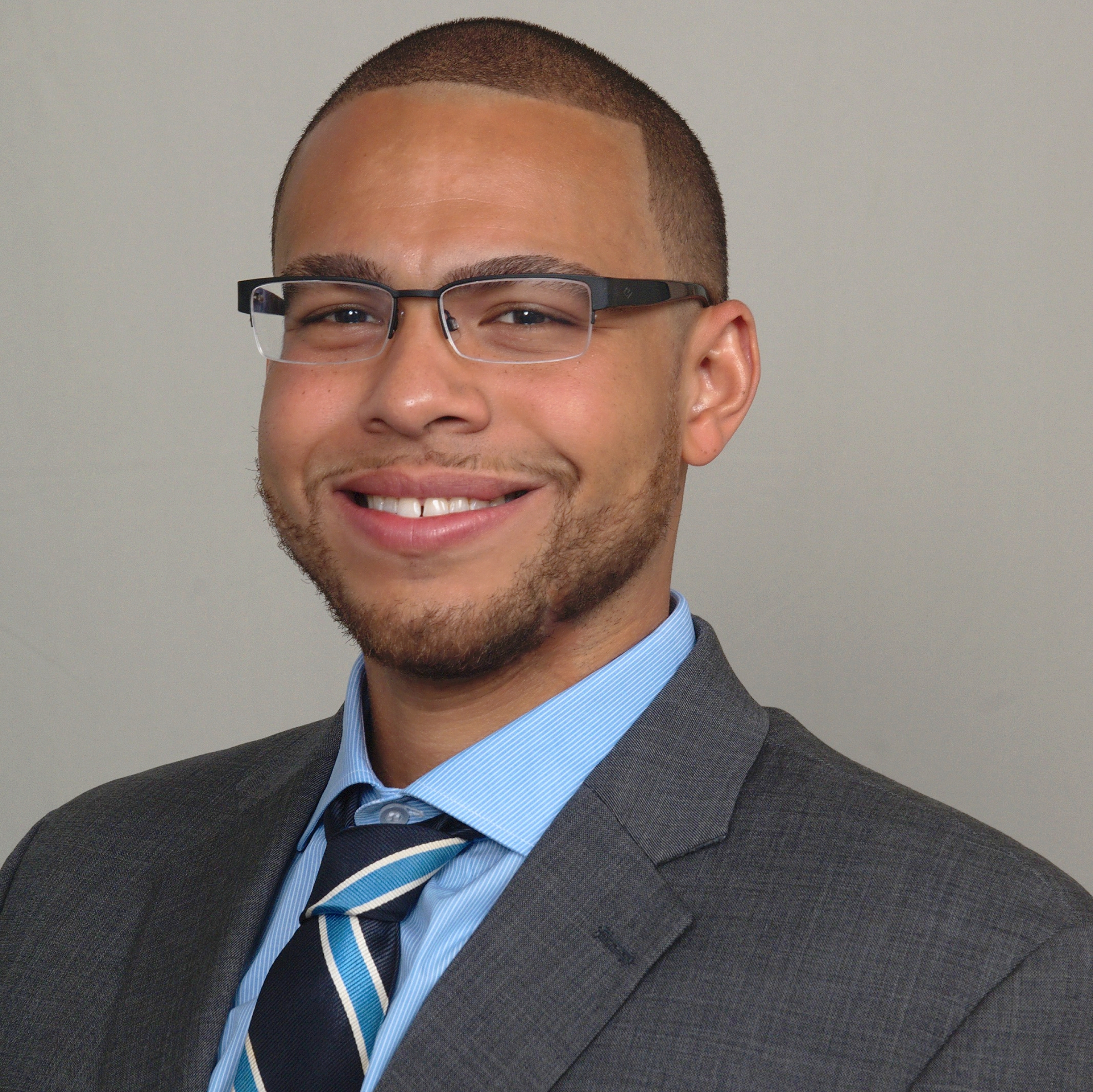All of Us Physician Testimonial

How I’m Using Research To Fight Health Disparities, And How You Can Too
T.M. Ayodele Adesanya, MD, PhD, is an instructor in The Ohio State University’s Department of Family and Community Medicine. He is excited to focus on a unique junction of society, medicine, and science as a primary care physician-scientist.
As researchers, we must understand that trust is critical to make sure participants feel safe and heard. Unfortunately, history is rife with examples of researchers and those in power violating that trust—leading to serious representation gaps in medical research and health inequities impacting diverse communities. As an underrepresented minority physician-scientist raised in rural and urban medically underserved communities, I am especially committed to studying and reducing health disparities. The role that biomedical research can play in reducing disparities in health is immense, and the first step is accounting for representation of all Americans.
These important lines of investigation cannot be achieved without appropriately diverse research participation, which is exactly what the All of Us Research Program aims to do. The All of Us Research Program was created with the goal of gathering medical data from across the country that reflects the true diversity of this nation. With this diverse, nationwide repository, it seeks to remedy the missing data of communities that have historically been left out of research studies and clinical trials.
I initially heard about All of Us during my time in graduate school. This led me to fully engage with the program for the first time during my clinical residency in December 2020, when I initiated the request for an institutional data use agreement between All of Us and The Ohio State University and subsequently registered as a Research Hub member. I envisioned that the program would be a wonderful resource as I planned toward community-based translational research aims in cardiovascular health and health disparities, and it continues to be exactly that.
The All of Us Research Program serves as a brilliant model for other researchers and research studies. With an exceptionally welcoming design on both the researcher and participant interface, its recruitment materials inspire participation and provide an opportunity for investigators from a wide range of prior experiences to meaningfully engage in research. Data from participants is stored in the All of Us Research Hub, from which numerous results have already been published and presented.
This truly is a program for everyone—the patients, colleagues, and families with whom I have talked about the program have all been excited to learn about opportunities to participate. Personally, I am able to engage with the Research Hub in multi-disciplinary ways: as a clinician encouraging patients to join, as a physician-scientist studying biological mechanisms to promote cardiovascular health and reduce related disparities, and as a participant engaging in translational efforts to make our world a healthier place.
From Dr. Julian Lewis, Dr. E.E. Just, Dr. Marie Daly, and Dr. Vivien Thomas to Mrs. Henrietta Lacks and the gentlemen of the infamous Tuskegee experiments, underrepresented minorities have made unspeakably tremendous—and at times unjust—sacrifices to make biomedical research what it is today. I encourage all of us to not let these sacrifices be in vain by realizing the unmet needs of the communities that we serve and recognizing translational research as an avenue to achieve more robust and representative data analysis—optimizing the overall return on scientific investment. The All of Us Research Program addresses these disparities and engages communities, and it’s our chance to build a more inclusive biomedical research enterprise.